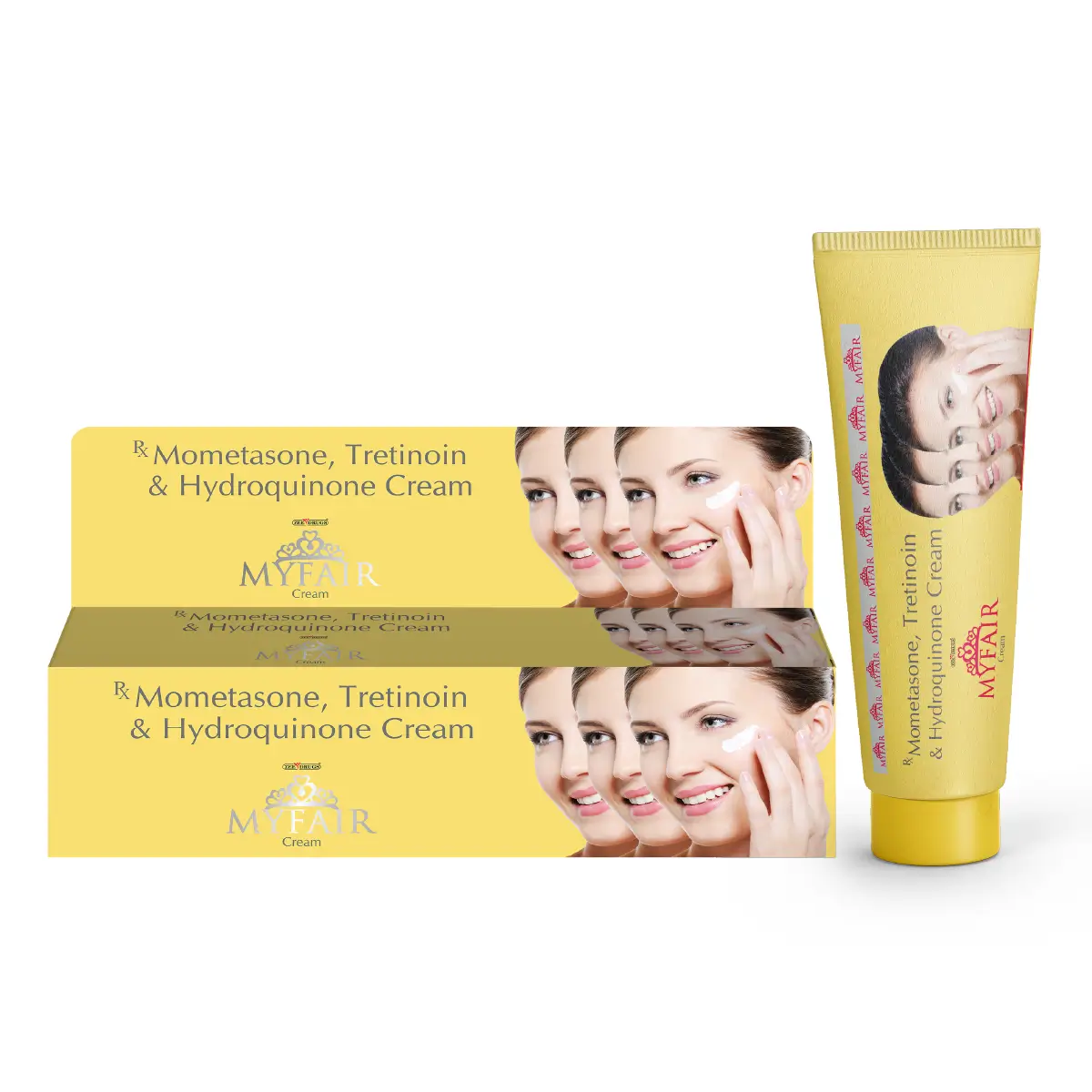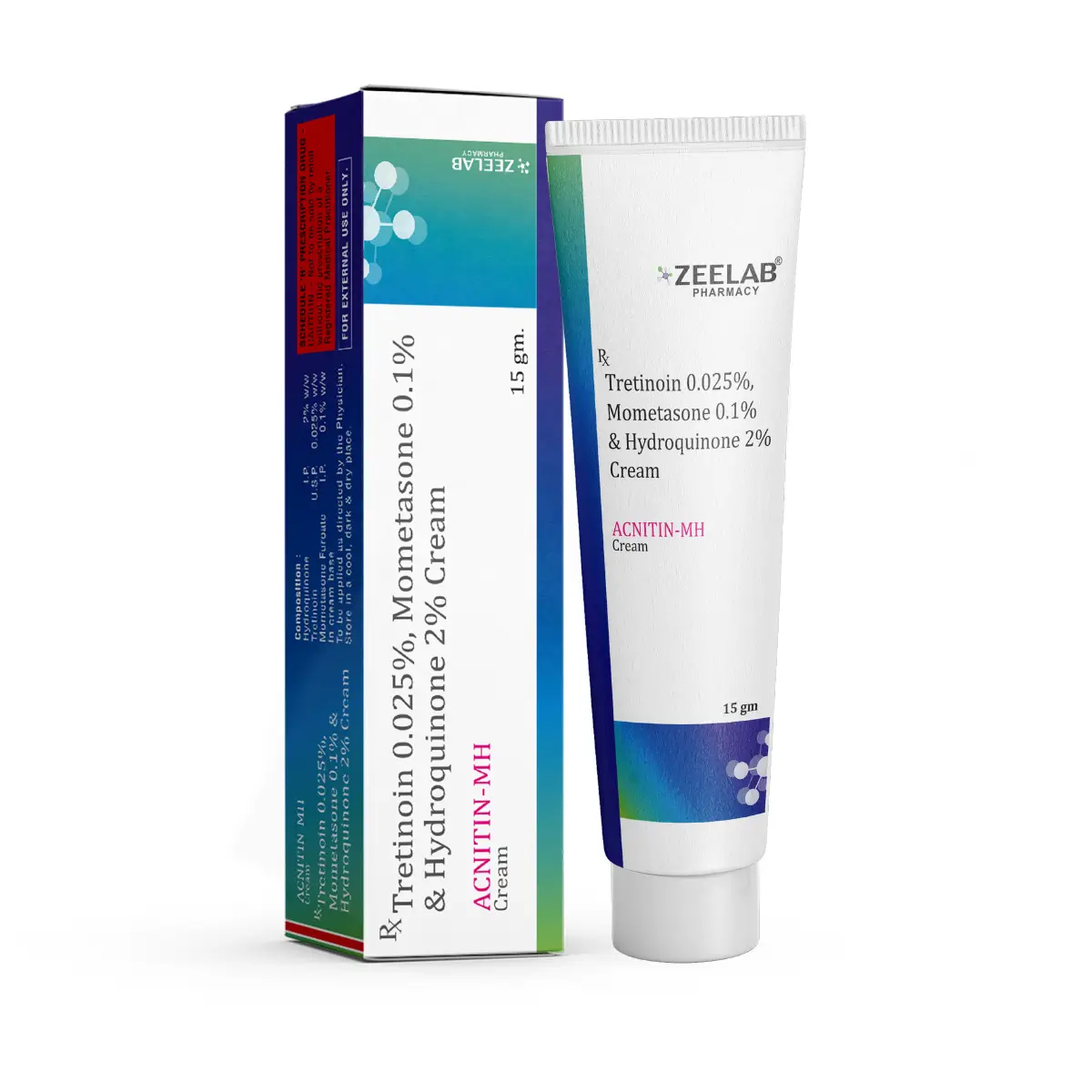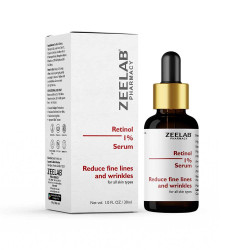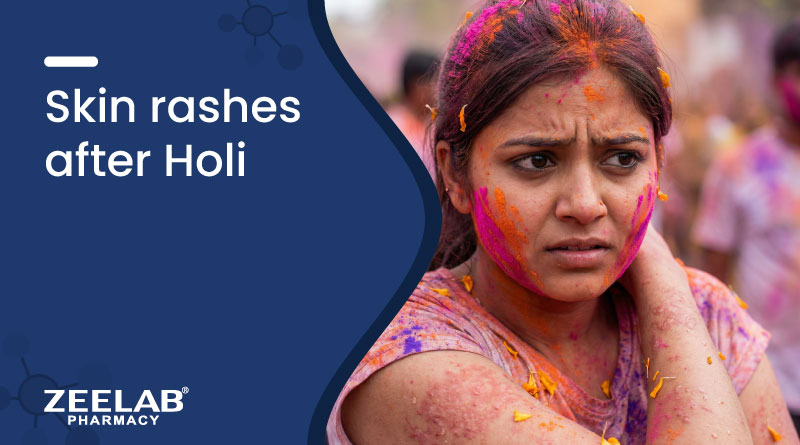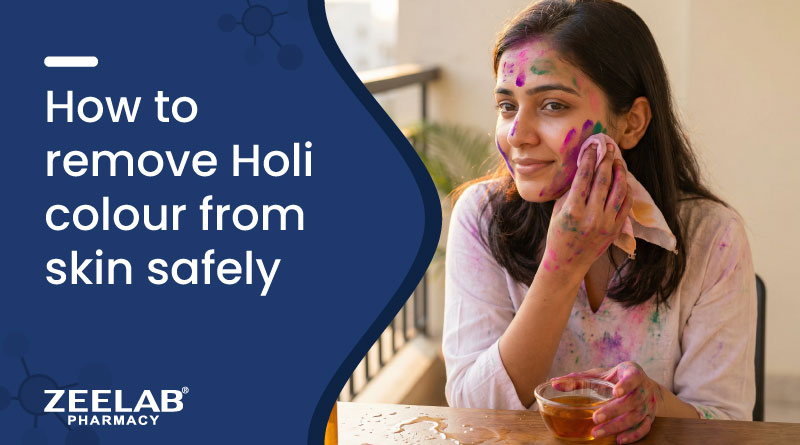Tretinoin vs Retinol – Which One Is Better for Your Skin?
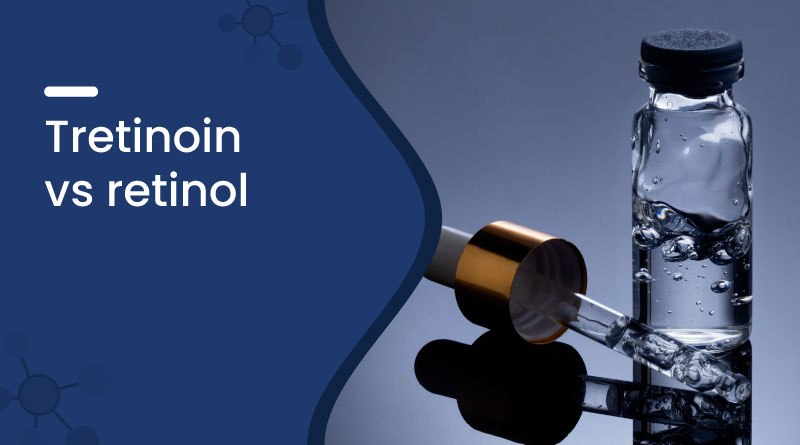

Tretinoin vs Retinol – it’s a common comparison in the skincare world, especially if you're targeting wrinkles, acne, or skin texture issues. Both are forms of Vitamin A, but they work differently on the skin. In this blog, we’ll break down how they work, their benefits, side effects, and which one may be better for you. This will help you make an informed decision backed by skincare science.
| Tretinoin | Retinol | |
|---|---|---|
| What Is It? |
|
|
| How It Works |
|
|
| Strength |
|
|
| Skin Type Suitability |
|
|
| Results Timeline |
|
|
| Common Uses |
|
|
| Side Effects |
|
|
| Notable Feature | Fast-acting skin-barrier booster Recommended only after dermatological consultation |
Gentle yet effective breakout-safe formula Great starting point for retinoid beginners |
| Best For | Fast acne results Anti-aging over 30 Experienced users |
Preventive skincare Retinoid beginners Budget-friendly daily use |
Which One Is Better: Tretinoin vs Retinol?
The choice depends on your skin type, concerns, and how fast you want results. Let’s explore who should choose what.
- Choose Tretinoin if you have oily, acne-prone skin or want fast results for pigmentation and wrinkles. It’s ideal for people already used to strong skincare ingredients.
- Choose Retinol if you have dry, sensitive, or aging skin and are new to retinoids. It offers gentler, gradual improvement with fewer side effects.
So, if you’re wondering which one is better, Tretinoin vs Retinol, the answer lies in what your skin can handle and what your goals are.
Benefits of Tretinoin
- Speeds up cell turnover
- Unclogs pores and treats severe acne
- Reduces fine lines and pigmentation
- Improves skin texture within weeks
Benefits of Retinol
- Boosts collagen gently
- Improves dullness and early signs of aging
- Better tolerance for sensitive skin
- Can be used daily without irritation
Side Effects to Watch Out For
Both Tretinoin and Retinol can cause some skin reactions, especially in the early weeks.
- Tretinoin: Redness, peeling, dryness, increased sun sensitivity
- Retinol: Mild dryness or flaking, tingling for beginners
Always wear sunscreen and use a moisturizer while using retinoids. Start slow and increase usage gradually.
How to Choose Between Tretinoin and Retinol
If you're still unsure about which one is better, Tretinoin vs Retinol, use the checklist below:
- Do you want fast results? → Try Tretinoin (with a doctor’s advice)
- Are you a beginner? → Start with Retinol
- Do you have sensitive skin? → Use Retinol
- Are you dealing with stubborn acne? → Go for Tretinoin
Frequently Asked Questions
Q. Which is more effective – Tretinoin or Retinol?
A. Tretinoin works faster without conversion. Retinol is milder and better for beginners.
Q. Can I use Tretinoin and Retinol together?
A. No, do not use them together. Both are Vitamin A derivatives and using them at the same time can lead to irritation and over-exfoliation.
Q. How long does it take to see results from Retinol and Tretinoin?
- Tretinoin: Results may appear in 6–8 weeks.
- Retinol: Takes around 10–12 weeks of consistent use.
Q. Is Tretinoin safe for sensitive skin?
A. Tretinoin is strong and may irritate sensitive skin. It’s best to start with Retinol if you have dry or sensitive skin.
Q. Do I need a prescription for Tretinoin?
A. Yes, Tretinoin requires a prescription in India. Retinol is available over the counter.
Conclusion: Tretinoin vs Retinol – Make the Right Choice
Choose Tretinoin if you need fast results for acne, aging, or pigmentation—but only with a dermatologist’s advice.
Choose Retinol if you’re starting your retinoid journey and want gradual, skin-friendly results without a prescription.
For a beginner-safe option, Zeelab Retinol Serum offers a hydration matrix that supports skin renewal with less irritation.
Hydroquinone (2% w/w) + Mometasone (0.1% w/w) + Tretinoin (0.025% w/w)
20gm in 1 tube
Hydroquinone (2% w/w) + Mometasone (0.1% w/w) + Tretinoin (0.025% w/w)
15 gm In 1 tube
Recent Blogs
Disclaimer : Zeelab Pharmacy provides health information for knowledge only. Do not self-medicate. Always consult a qualified doctor before starting, stopping, or changing any medicine or treatment.
Related Products
Need Medicines Quick?
Share location to check quick delivery serviceability.
Change Location
Location Access Needed
Your location appears to be blocked or disabled.
Please enable the location from your browser or
device settings.

₹ 0
0
Items added
Quick Links
Categories
Our Policies
2026 Copyright By © Zeelab Pharmacy Private Limited. All Rights Reserved
Our Payment Partners

 Added!
Added!
|
|

